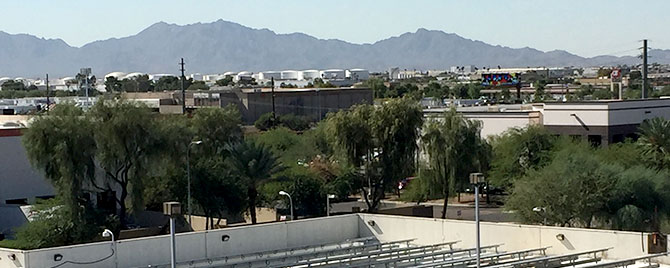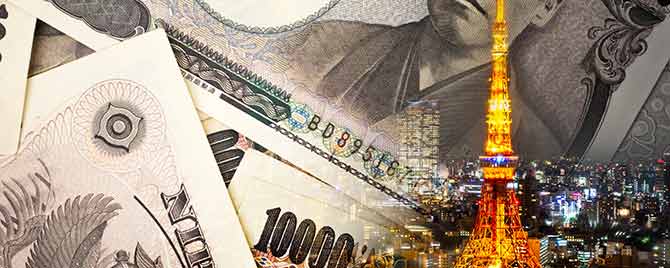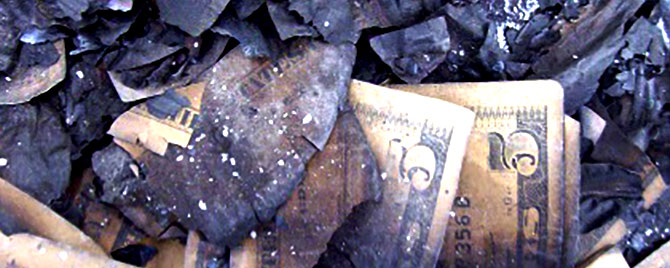Data and Indicators
-

How Does Weird Weather Affect National Employment?
How do short-run weather aberrations like heatwaves and excessive rainfall impact employment? A new economic model from San Francisco research advisor Daniel Wilson may hold the answer.
-

Solar Energy Powers SF Fed Operations in Phoenix
Forecasts for Phoenix, AZ climbed to 120-degrees Fahrenheit recently, hot enough to ground smaller airplanes. The Federal Reserve Bank of San Francisco’s Phoenix Processing Center (PPC) is using some of that solar energy to keep temperatures cool in cash operations.
-
Scale Finance: Filling the 95-Percent-Empty Glass
Guest author Steven Goldberg discusses expanding certified evidence-based programs through “Scale Finance,” an enhanced Social Impact Bond model.
-

Happy Independence Day
Federal Reserve notes feature great people and moments from American history. Celebrate the 4th of July with this fun cash-themed tour of sights, from Independence Hall to the Lincoln Memorial.
-

China’s Recent Efforts to Deal with Stressed Loans
The pace of stress loan creation in China has slowed recently, partly reflecting efforts to dispose nonperforming loans and to restructure corporate debts. These programs aim at strengthening the banking sector, but will likely weigh on bank earnings and capital levels in the short run.
-

China’s A-Shares Join the MSCI Index
On June 20th, MSCI announced the inclusion of Chinese A-shares to its widely followed emerging markets index. MSCI’s decision to add China, albeit gradually and as a small proportion of the total index, represents a major breakthrough for China’s onshore stock markets.
-

With Fintech Changing Financial Services, Where Does Regulation Fit In?
Which rules and regulations apply to products that use new financial technologies? The Federal Reserve is taking steps to make answers easier to find.
-

Large Japanese Capital Flows Pose Risks to the Asia-Pacific
Japanese investors have long been known for their overseas investments. Following the 2013 onset of the Bank of Japan’s extraordinary monetary policy, the country’s pace of overseas investments has accelerated even further. While Japanese investors have been buying assets around the world, several Asia-Pacific countries have experienced particularly large capital inflows, exposing them to future changes in Japan’s economy and monetary policy. Among them, Thailand and Australia stand out as having high exposure to Japan.
-

Have Damaged Cash? Here’s How to Exchange It
It’s illegal to destroy United States Federal Reserve Notes, but sometimes accidents do happen. Luckily there are a couple convenient ways to trade your damaged cash for notes that are in better shape.